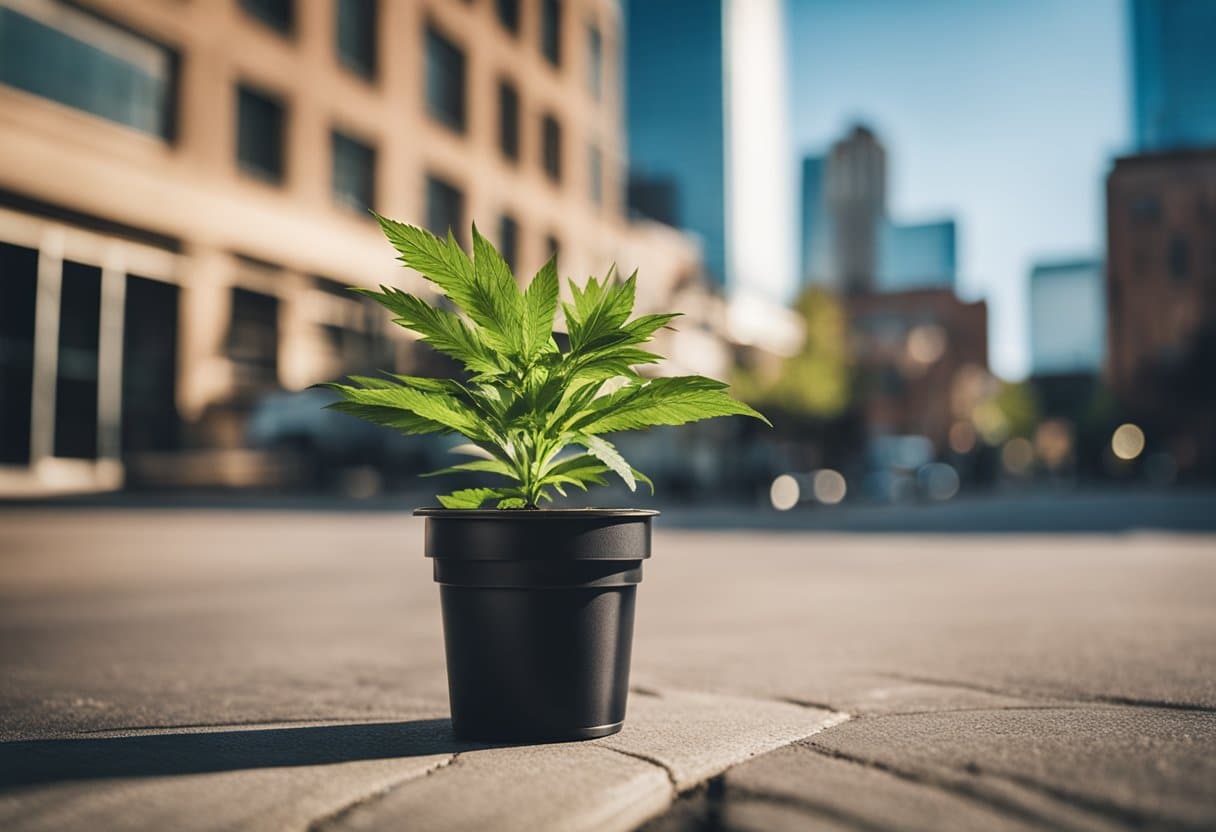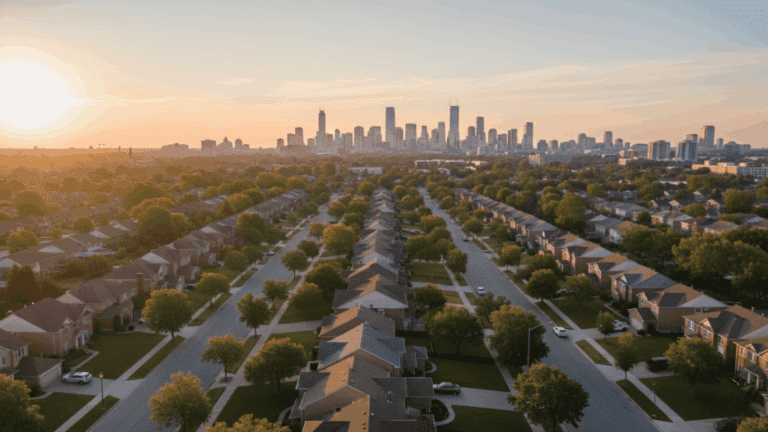The legality of smoking marijuana in Dallas, Texas, is a topic that concerns many residents. Marijuana remains illegal for recreational use in Texas, including Dallas, where violations can lead to criminal charges. While some cities within the state have decriminalized possession to varying degrees, Dallas has not taken significant steps in that direction.
Recent legislative discussions and public attitudes towards cannabis are evolving, which may influence future changes in the law. Those interested in the status of marijuana laws should stay informed about local policies and state legislation. Understanding the nuances of these laws is essential for anyone considering the potential implications of marijuana use in their daily lives.
Legality of Marijuana in Texas
Marijuana laws in Texas can be complex, defined largely by both state and federal regulations. Understanding these laws is essential for residents and visitors alike.
State Marijuana Laws
In Texas, possession of marijuana remains illegal for recreational use. The laws classify marijuana as a controlled substance under the Texas Controlled Substances Act.
Possession of small amounts, defined as less than two ounces, can result in a fine up to $2,000 and imprisonment for up to 180 days. For larger quantities, penalties increase significantly.
Medical marijuana usage is permitted under the Texas Compassionate Use Act. This act allows patients with specific medical conditions to obtain low-THC cannabis. Participants must have a prescription from a registered physician and obtain their medicine from licensed dispensaries.
Federal vs. State Jurisdiction
Federally, marijuana is classified as a Schedule I substance under the Controlled Substances Act. This status indicates that it is considered to have a high potential for abuse and no accepted medical use, despite varying state laws.
Texas law enforcement still follows federal guidelines. Therefore, while state legislation may allow certain types of usage, federal authority can impose stricter penalties.
Individuals seeking clarity on these laws or need help with legal representation may find it beneficial to consult an attorney specializing in drug policy.
Understanding Dallas Ordinances

Dallas has specific local ordinances that govern marijuana use within the city. These rules reflect the broader legal framework but offer unique provisions that impact enforcement and community standards.
Local Enforcement Policies
In Dallas, the enforcement of marijuana laws prioritizes certain offenses over others. Possession of small amounts of marijuana generally leads to citations rather than arrests.
City police may utilize a civil citation process, allowing individuals to pay fines instead of facing criminal charges. This policy aims to reduce the burden on the criminal justice system while acknowledging marijuana use.
Key Points:
- First offenses may result in a ticket, while repeated offenses could lead to harsher penalties.
- Local law enforcement often exercises discretion in these cases, reflecting community attitudes towards marijuana.
Consulting a Dallas Personal Injury Lawyer can provide individuals with tailored advice regarding specific situations involving marijuana offenses.
Legal Implications of Marijuana Use
The legal landscape surrounding marijuana use in Dallas, Texas, consists of various penalties and potential impacts on an individual’s criminal record. Understanding these implications is crucial for individuals considering the use of marijuana.
Penalties and Fines
In Texas, marijuana possession is classified under state law as a criminal offense. The penalties vary based on the amount possessed:
- Up to 2 ounces: A Class B misdemeanor, which can result in up to 180 days in jail and a fine of up to $2,000.
- 2 to 4 ounces: A Class A misdemeanor, leading to a jail term of up to 1 year and a maximum fine of $4,000.
- 4 ounces or more: Felony charges apply, with penalties increasing significantly based on the quantity.
In addition to incarceration and fines, individuals may face other legal repercussions, such as community service or mandatory drug counseling. Enforcement practices can vary, significantly impacting how individuals are treated during interactions with law enforcement.
Impact on Criminal Record
A marijuana-related conviction can have lasting effects on a person’s criminal record. A misdemeanor or felony conviction can hinder employment opportunities, limit housing options, and affect eligibility for certain licenses.
Record expungement can be an option for some offenses, but specific criteria must be met. Individuals may need to wait a designated period after completing their sentence before applying.
Furthermore, drug-related charges might negatively influence background checks, making it essential for individuals to seek legal counsel to understand their rights and options thoroughly.
Seeking Legal Assistance

Navigating marijuana laws in Dallas can be complex. Individuals may require legal assistance to understand their rights and options available under Texas law.
Choosing the Right Attorney
Selecting an appropriate attorney is crucial for anyone facing marijuana-related legal issues. An attorney specializing in drug laws, particularly in Texas, can provide tailored advice based on current regulations.
Key factors to consider:
- Experience: Look for an attorney with a history of handling marijuana cases and familiarity with local courts.
- Reputation: Seek recommendations from past clients or check online reviews to assess their effectiveness.
- Consultation: Many lawyers offer free initial consultations to discuss the specifics of a case.
Choosing wisely can significantly impact case outcomes and the legal journey.
Legal Representation for Marijuana Cases
Effective representation can make a difference in marijuana-related legal matters. An attorney experienced in Dallas marijuana cases can navigate the intricacies of law enforcement practices and court processes.
Areas of focus include:
- Possession Charges: Whether facing misdemeanor or felony charges, an attorney can argue for reduced penalties or alternative sentencing.
- Medical Use: Knowledge of laws surrounding medical marijuana can help patients legalize their usage when applicable.
- Defenses: Lawyers can develop specific defenses based on circumstances, including unlawful searches or lack of probable cause.
Effective legal representation is essential for protecting rights and ensuring the best possible outcome in marijuana cases.
As of now, marijuana remains illegal for recreational use in Dallas, Texas. Possession of small amounts can result in fines or criminal charges. However, Texas has legalized medical marijuana under specific conditions. It’s important to stay informed about local laws, as regulations may change. Always consult legal resources or professionals for the most accurate and current information.
















